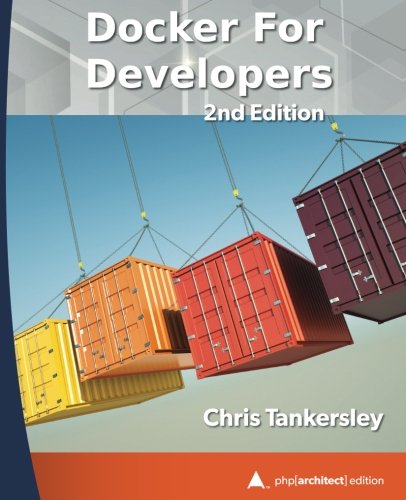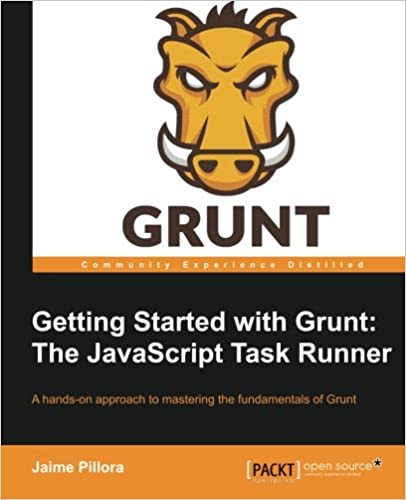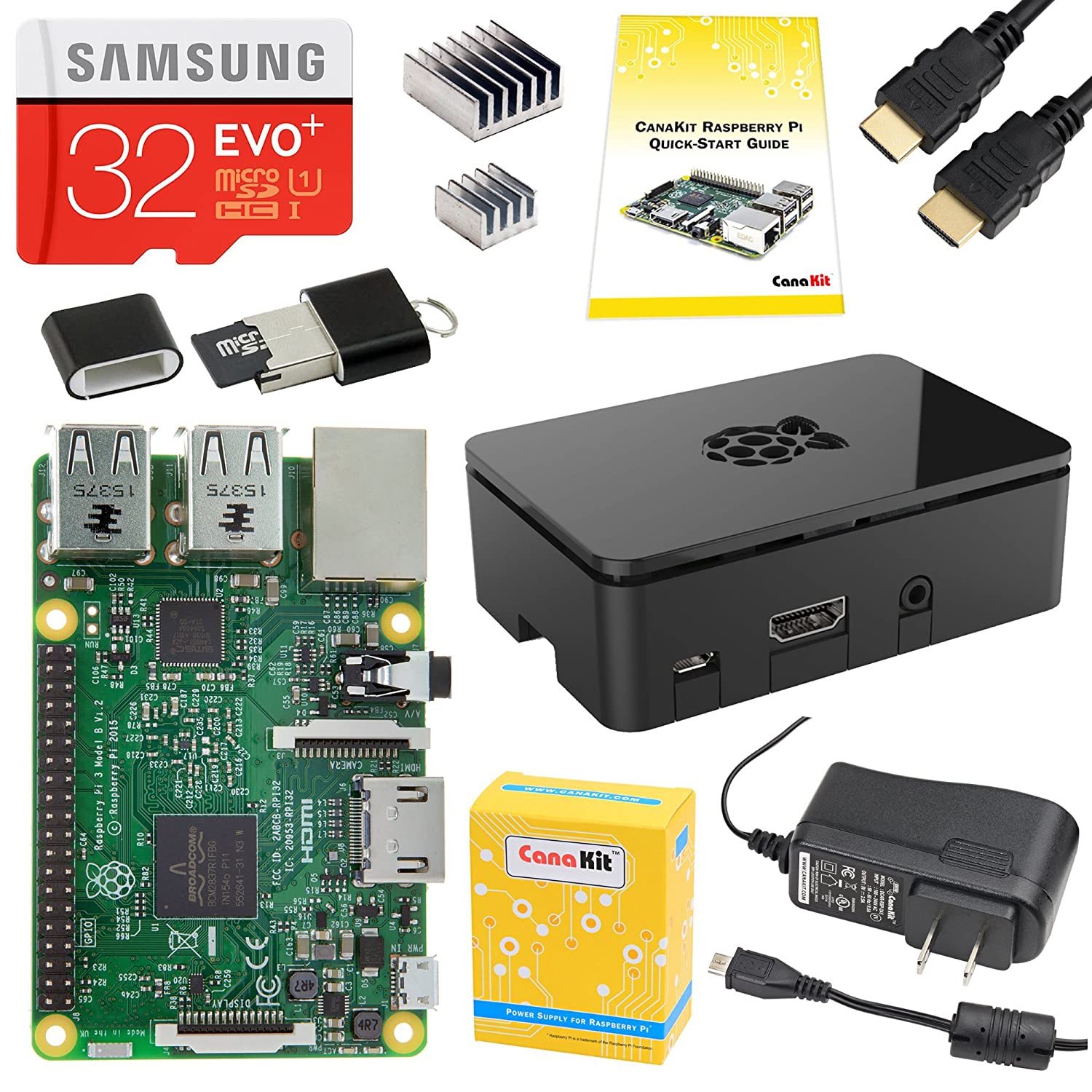; Date: Mon Apr 28 2008
Tags: OpenJDK »»»»

I'm giving a session at JavaOne this year titled "Hacking the OpenJDK" and it's been very interesting sitting with this topic these last few months. Much of the presentation is an overview of the developer guide, source repositories and other infrastructure on
openjdk.java.net which anybody 'hacking' the OpenJDK will need to get started. All that is pretty straightforward and obvious what to cover and how to present it. What's been interesting is what might be some common hacking scenarios with the OpenJDK code.
My co-presenter is the one preparing the demos, and while we have some interesting demos lined up he wanted to know if y'all had any thoughts on "hacks" you'd like to see. The comment box below is available for y'all to leave us ideas. And please remember that we have 50 minutes for the session, 30 minutes will be taken with me talking through the OpenJDK project overview, leaving 20 minutes for demos and questions.
The most interesting and most controversial idea in the session is: how to remove CORBA. I thought it's obvious, the most common change people want in the Java platform is to ditch CORBA. That is, unless you're one of the two people who actually use CORBA, I suppose. Feedback from colleagues was a "are you sure it's our party line to suggest making incompatible changes?" While that's a fair criticism I a) wanted to make it clear the OpenJDK is an open source project and any change is fair game, and b) that some changes create incompatibilities and that there is value in maintaining compatibility with the platform spec. In any case it's not too hard to hack the OpenJDK to remove CORBA, but I'll leave the details until my session at JavaOne.
The session ID is: TS-5230
Source:
weblogs.java.net











